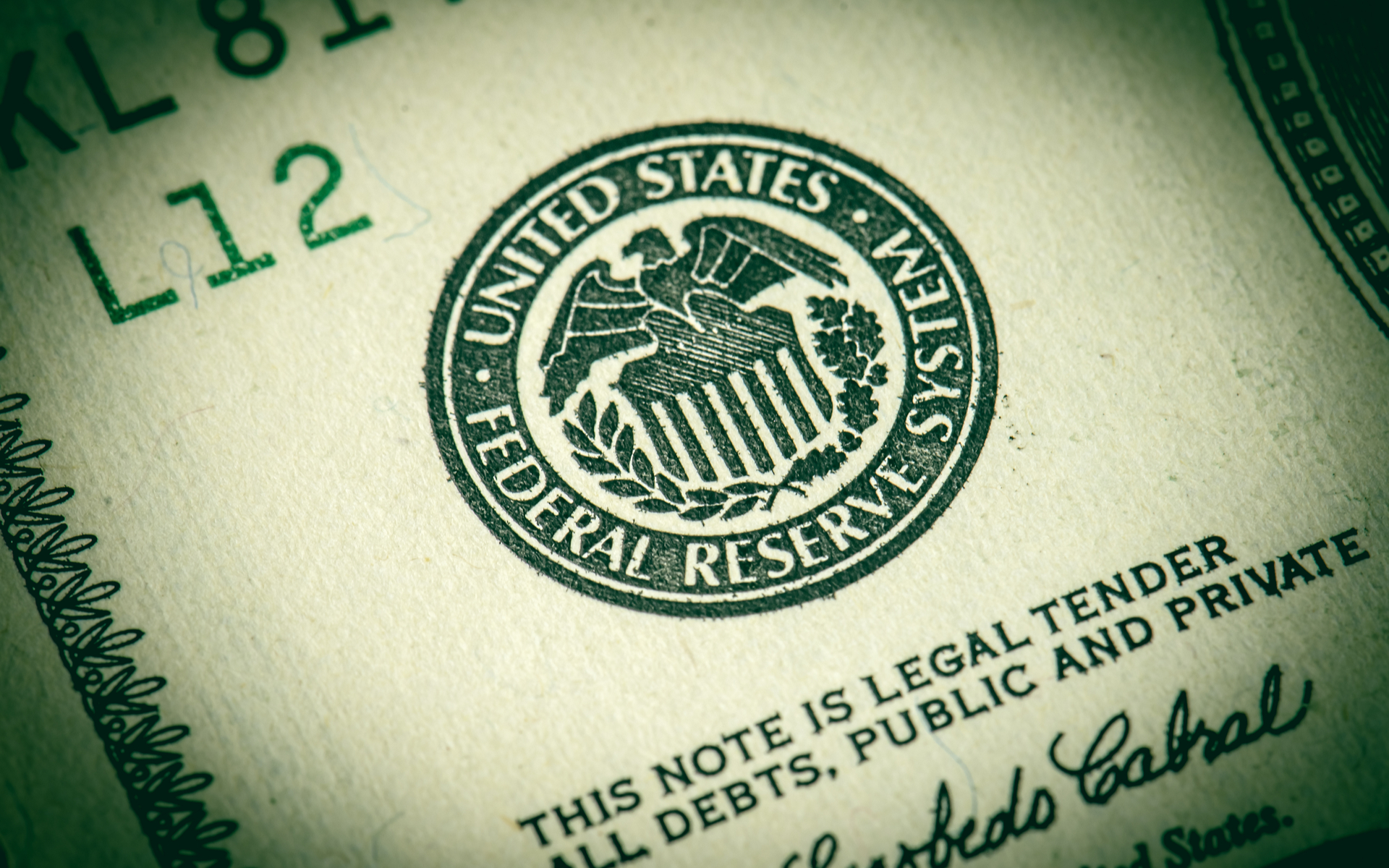PALO ALTO, Calif. (Reuters) - The Federal Reserve is taking a look at a broad series of problems around digital payments and currencies, including policy, design and legal considerations around possibly providing its own digital currency, Governor Lael Brainard stated on Wednesday. Brainard's remarks recommend more openness to the possibility of a Fed-issued digital coin than in the past." By changing payments, digitalization has the possible to deliver greater value and convenience at lower cost," Brainard said at a conference on payments at the Stanford Graduate School of Get more info Business.
Central banks globally are disputing how to manage digital financing technology and the dispersed ledger systems utilized by bitcoin, which promises near-instantaneous payment at read more potentially low cost. The Fed is establishing its own day-and-night real-time payments and settlement service and is currently reviewing 200 remark letters Click to find out more submitted late in 2015 about the suggested service's design and scope, Brainard said.
Less than 2 years ago Brainard informed a conference in San Francisco that there is "no compelling showed need" for such a coin. However that was before the scope of Facebook's digital currency ambitions were commonly known. Fed authorities, consisting of Brainard, have raised issues about customer defenses and information and privacy hazards that could be presented by a currency that might enter into use by the third of the world's population that have Facebook accounts.

" We are working together with other reserve banks as we advance our understanding of main bank digital currencies," she said. With more countries looking into issuing their own digital currencies, Brainard stated, that includes to "a set of reasons to likewise be making sure that we are that frontier of both research and policy development." In the United States, Brainard stated, concerns that require study include whether a digital currency would make the payments system much safer or simpler, and whether it could present monetary stability threats, consisting of the possibility of bank runs if money can be turned "with a single swipe" into the central bank's digital currency.
To counter the monetary damage from America's unmatched nationwide lockdown, the Federal Reserve has actually taken unmatched actions, including flooding the economy with dollars and investing directly in the blogfreely.net/heldurewao/palo-alto-calif-cxrj economy. Most of these moves received grudging approval even from numerous Fed skeptics, as they saw this stimulus as needed and something just the Fed could do.
My new CEI report, "Government-Run Payment Systems Are Risky at Any Speed: The Case Versus Fedcoin and FedNow," information the dangers of the Fed's current prepare for its FedNow real-time payment system, and proposals for main bank-issued cryptocurrency that have been dubbed Fedcoin or the "digital dollar." In my report, I discuss issues about privacy, information security, currency control, and crowding out private-sector competition and innovation.
Advocates of FedNow and Fedcoin state the federal government must produce a system for payments to deposit instantly, instead of encourage such systems in the economic sector by raising regulatory barriers. But as noted in the paper, the personal sector is providing a seemingly endless supply of payment innovations and digital currencies to resolve the problemto the extent it is a problemof the time space between when a payment is sent out and when it is gotten in a bank account.
And the examples of private-sector innovation in this area are lots of. The Clearing House, a bank-held cooperative that has actually been routing interbank payments in various forms for more than 150 years, has been clearing real-time payments considering that 2017. By the end of 2018 it was covering half of the deposit base in the U.S.